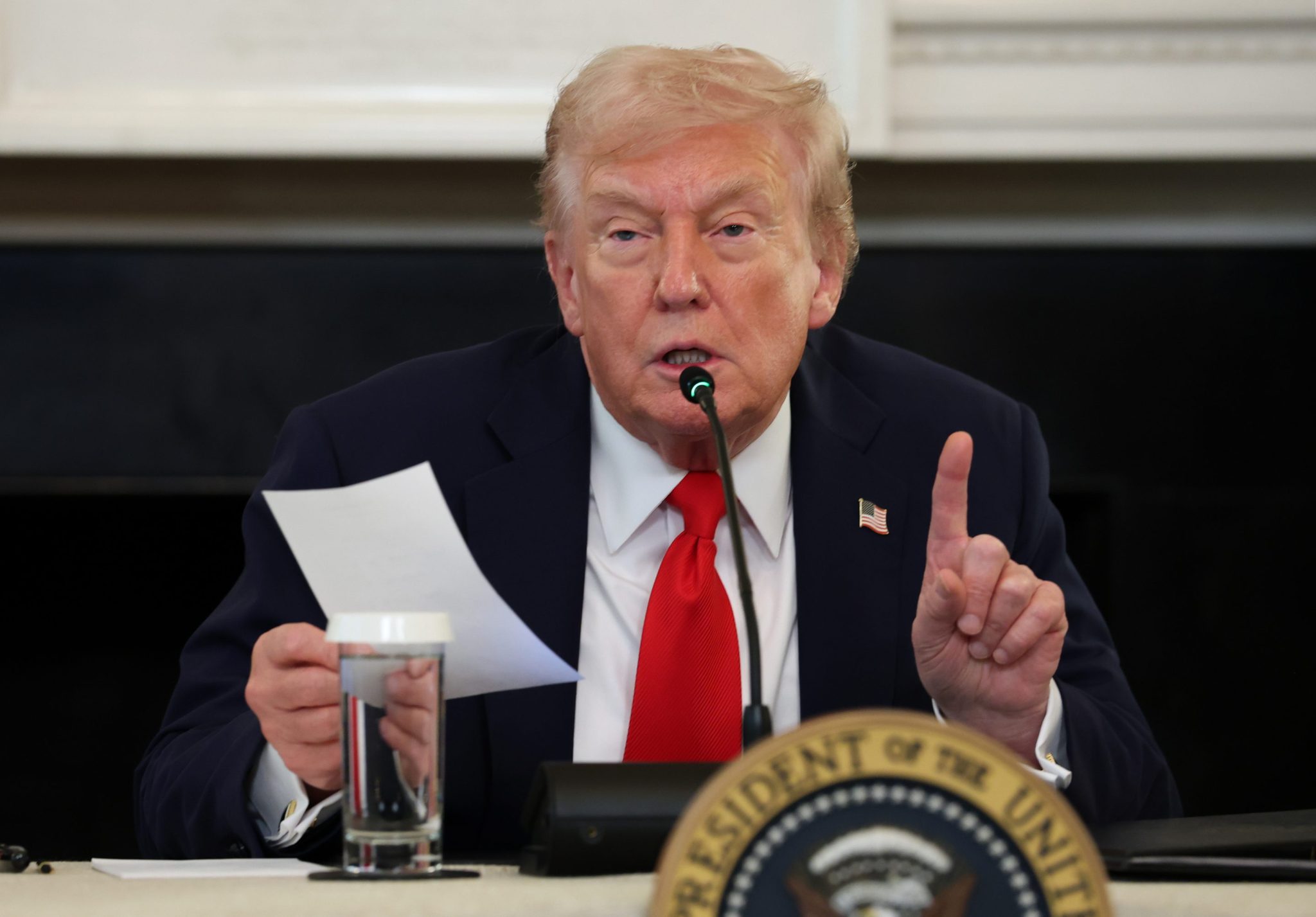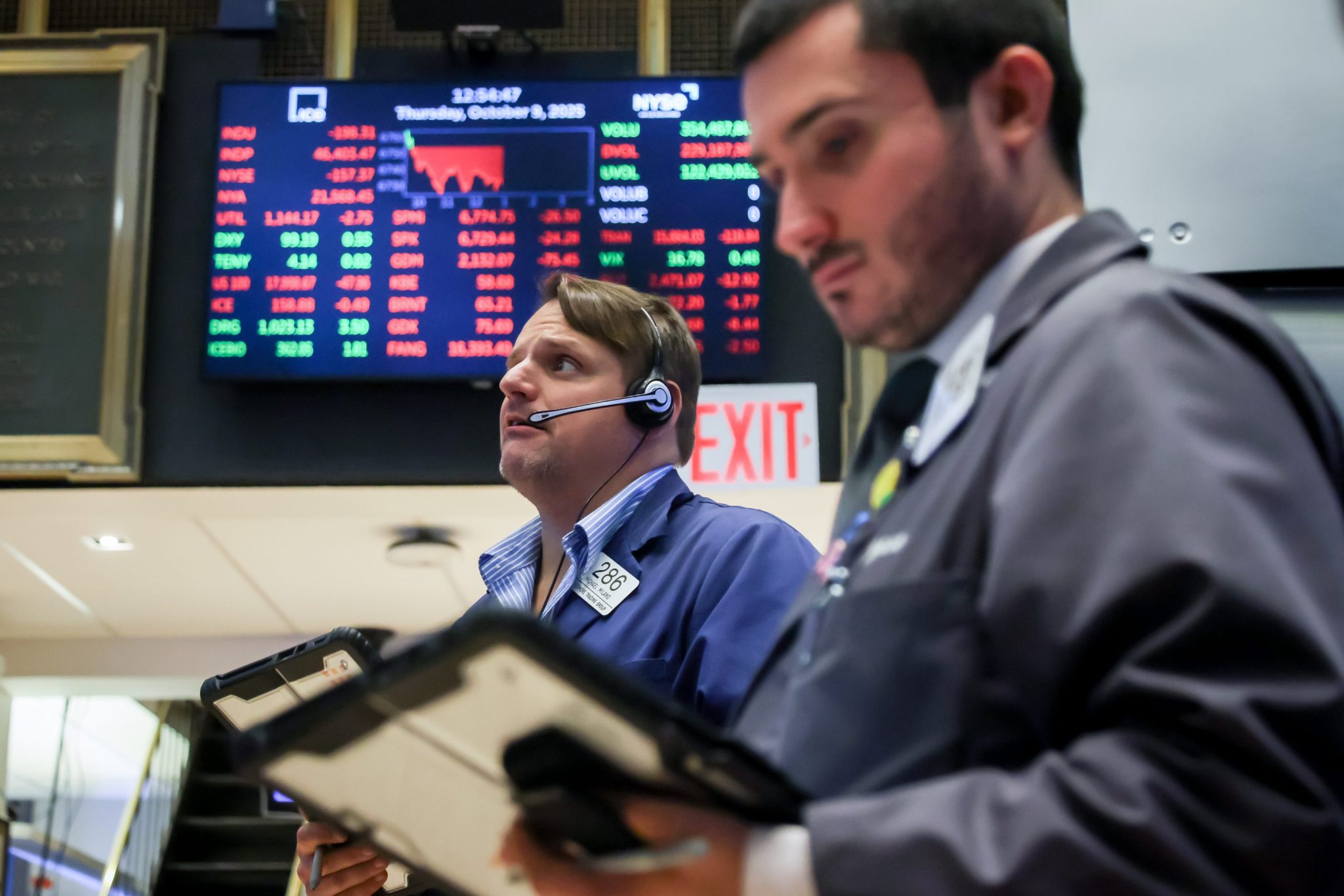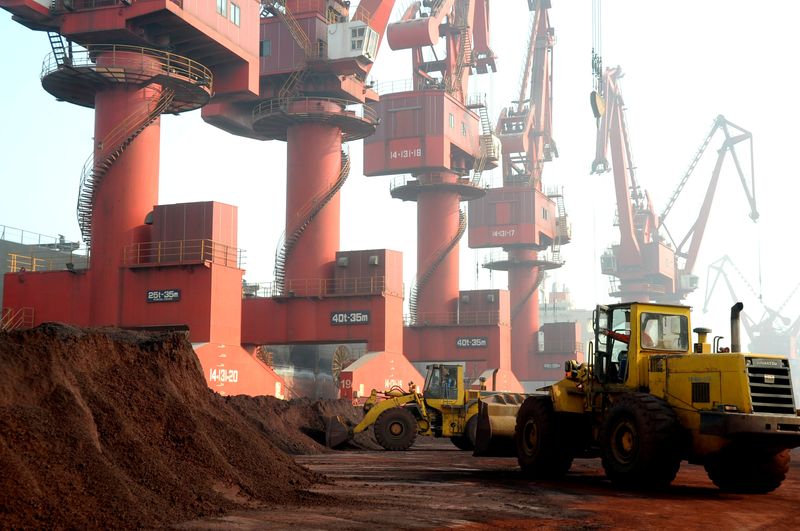Bull Market Turns Three, More Stocks Have to Join to Keep it Going
NeutralFinancial Markets

The bull market in US stocks is celebrating its third anniversary, which is a significant milestone. However, for this upward trend to continue, it is crucial that more stocks join the rally. Historically, a broadening of participation is necessary to sustain market momentum, making this an important moment for investors to watch closely.
— Curated by the World Pulse Now AI Editorial System














